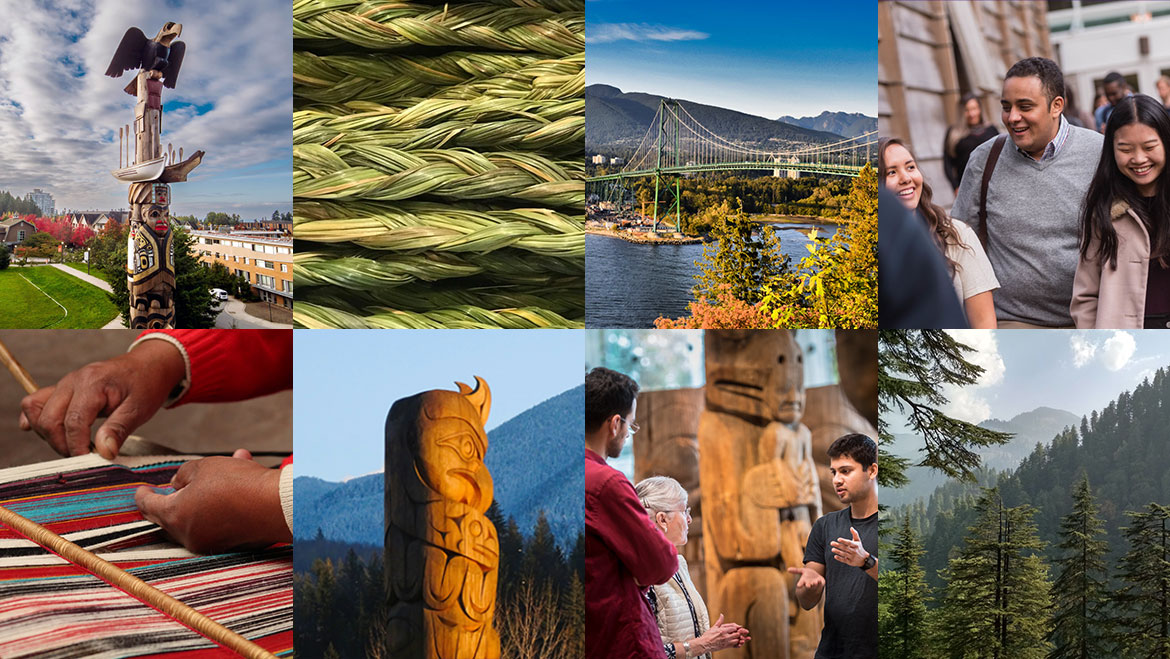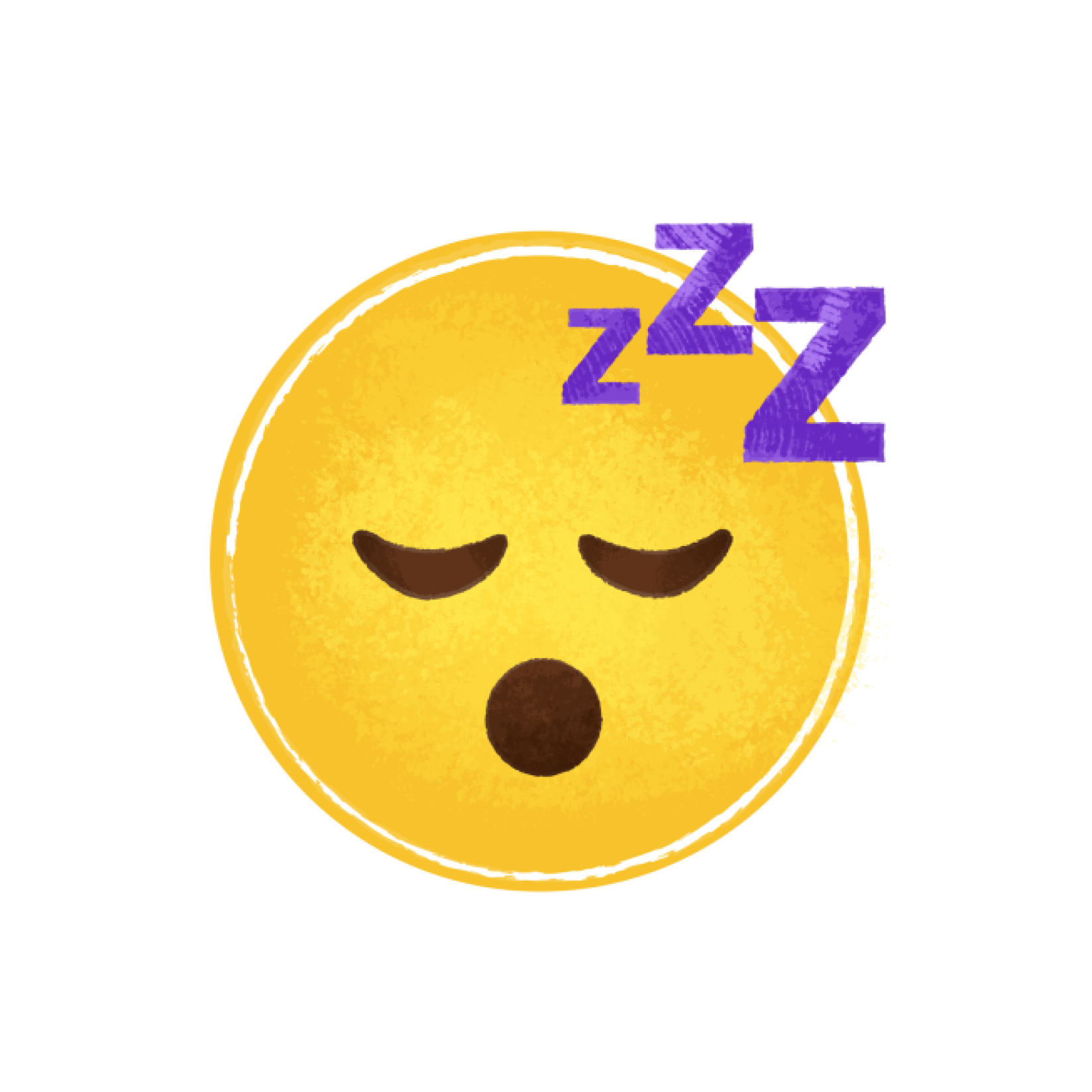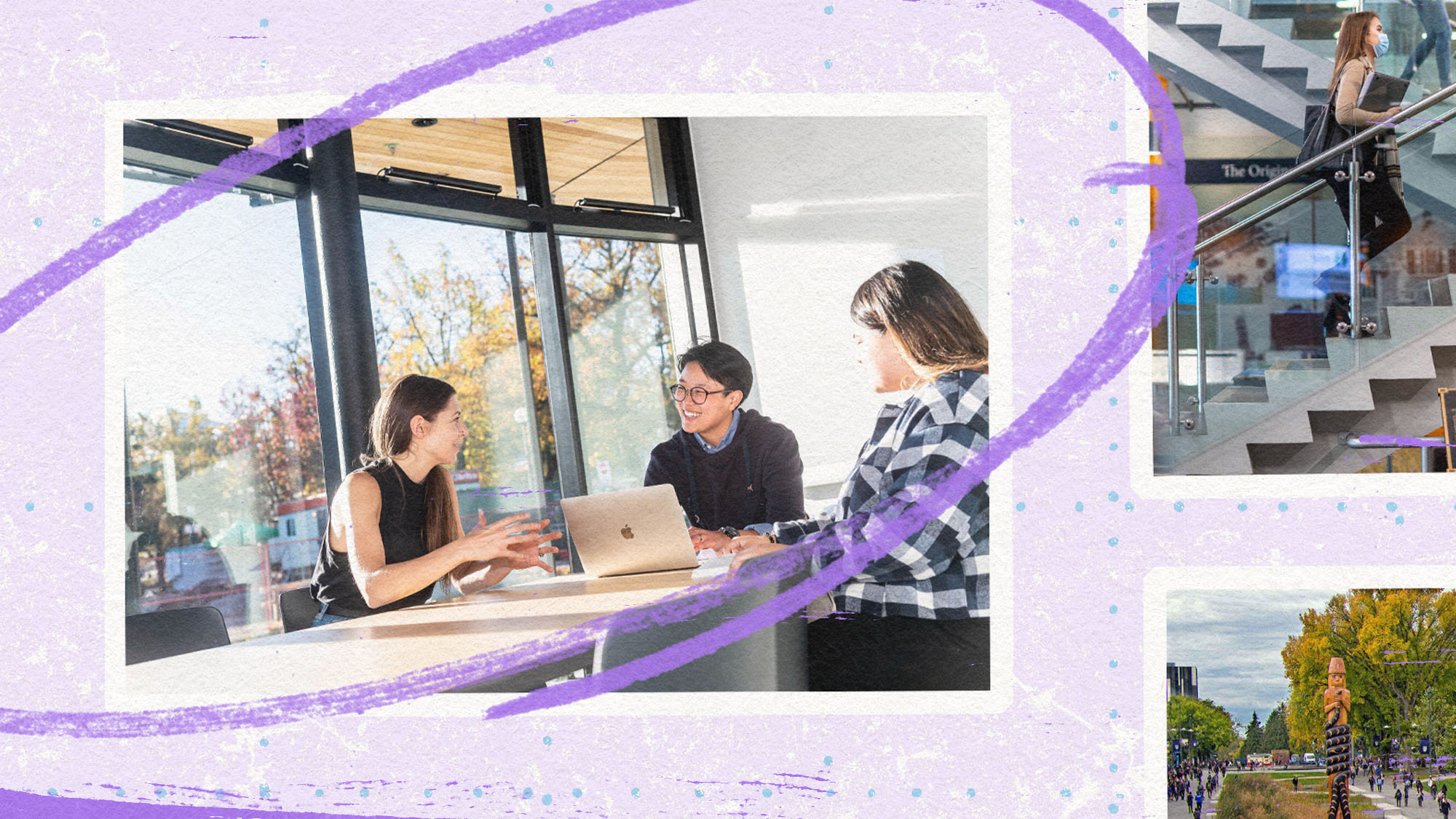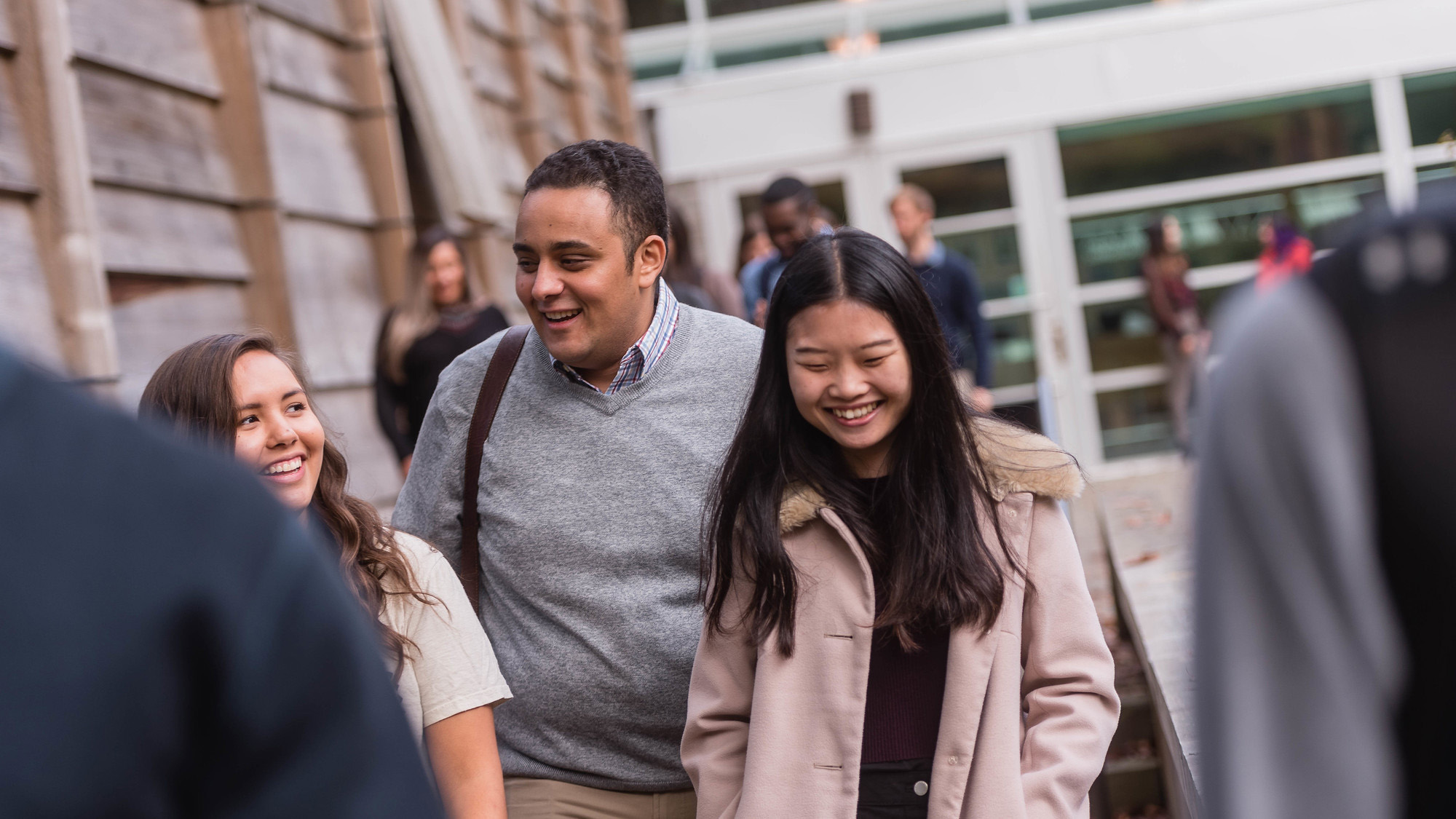

Curious about the histories and cultures that shape where we live and study? These courses explore Indigenous stories, resistance, creativity, and community, from right here on xʷməθkʷəy̓əm territory to other Indigenous lands around the world.
You’ll dig into big topics like power, identity, and place, and come away with fresh perspectives on the world and your role in it.
Below is a list of some of the Winter Session 2025/26 Arts courses you can take to learn more about Indigenous histories and cultures. These courses are open to all Arts students without prerequisites, and many also fulfil the Place and Power credit requirement for BA students who started in 2024/25 or later.
The course add/drop deadline for Winter Term 1 is September 15, 2025.
AMNE_V 384: Reading the Bible on Indigenous Lands
Mon/Wed/Fri, 11:00 AM–12:00 PM
Examine how biblical texts were used to justify settler colonialism on Turtle Island—particularly in British Columbia—and explore the lasting impacts of Christianity on Indigenous communities, including the Indian Act and Residential Schools.
Taught by Dr. Kurtis Peters
CENS_V 203: Arctic Art & Activism
Tues/Thurs, 9:30 AM–11:00 AM
Explore Indigenous resistance and revitalization in the circumpolar Arctic. Learn how communities use art and collective action to challenge neocolonialism and assert sovereignty in changing environmental and economic conditions. (Also offered in Term 2)
Taught by Dr. Tim Frandy
GEOG_V 210: Vancouver and Its Region
Tues/Thurs, 11:00 AM–12:30 PM
Explore the physical and human geography of the Lower Mainland through an integrated lens, with local field trips offering grounded, place-based learning.
Taught by Dr. Michael Fabris
HIST_V 305: History of British Columbia
Tues/Thurs, 2:00 PM–3:30 PM
Explore the social, political, cultural, environmental, and economic forces that have shaped British Columbia, with emphasis on Indigenous and settler histories, the modern state, migration, activism, and identity.
Taught by Dr. Laura Ishiguro
SOCI_V 220: Sociology of Indigenous Peoples
Mon/Wed, 2:00 PM–3:30 PM
A sociological perspective on Indigenous Peoples and issues, both within Canada and internationally.
Taught by Dr. Kimberley Huyser
ARTH_V 262: Indigenous Arts of North America
Fri, 9:00 AM–12:00 PM
Explore Indigenous artistic and visual culture across North America, from pre-contact to the present, with emphasis on specific geographies, community connections, and the creative resurgence of Indigenous peoples through art.
Taught by Dr. Camille Georgeson-Usher
CRWR_V 220: Introduction to Creative Writing with an Indigenous Focus
Wed, 12:00 PM–2:00 PM
Explore how Indigenous writers, filmmakers and artists in Quebec and BC engage with the impact of resource extraction on their lands. Study a wide variety of storytelling mediums used by Indigenous artists.
Taught by Dr. Billy-Ray Belcourt
ENGL_V 230: Introduction to Reading Place and Power in Vancouver and BC
Mon/Wed, 1:00 PM–2:00 PM
Explore how Indigenous, diaspora, and settler writers engage with power and place on the West Coast of what is now called Canada, with a focus on works connected to Vancouver and BC. Includes an introduction to theories of place and power.
Prior completion of a 100-level ENGL_V course is recommended.
Taught by Dr. Brendan McCormack
GEOG_V 355: Geographies of Urban Indigeneity
Mon/Wed, 11:00 AM–12:30 PM
Examine the geographies of urban Indigenous communities in settler colonial contexts, with a focus on the lived experiences and spatial realities of Indigenous peoples in Canadian cities.
Taught by Dr. Michael Fabris
HIST_V 208: Global Indigenous Histories
Mon/Wed, 3:30 PM–5:00 PM
Explore the experiences of Indigenous peoples and the impacts of colonialism around the world since 1500, while developing foundational historical practices and perspectives.
Taught by Dr. Coll Thrush
NORD 340: Sámi Histories and Cultures
Tues/Thurs, 3:30 PM–5:00 PM
Explore the diverse histories and cultures of Sámi people—the Indigenous peoples of Norway, Sweden, Finland, and the Kola peninsula of Russia. From reindeer to religion, from folklore to Frozen II, this course examines Sámi traditional culture, the impacts of settler colonialism upon it, and the ways revitalization and activism work as agents of decolonization today.
Taught by Dr. Tim Frandy
Was this article helpful?
Tell us what you think—your feedback helps us improve!
  It’s great!
|
  It’s okay
|
  Could be better
|


